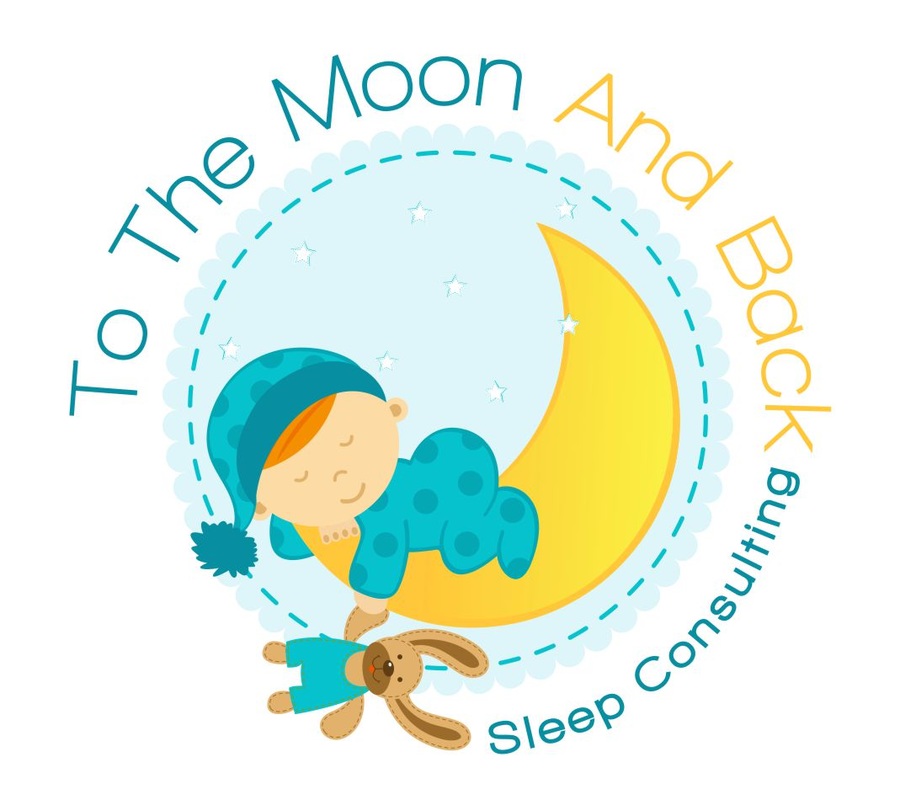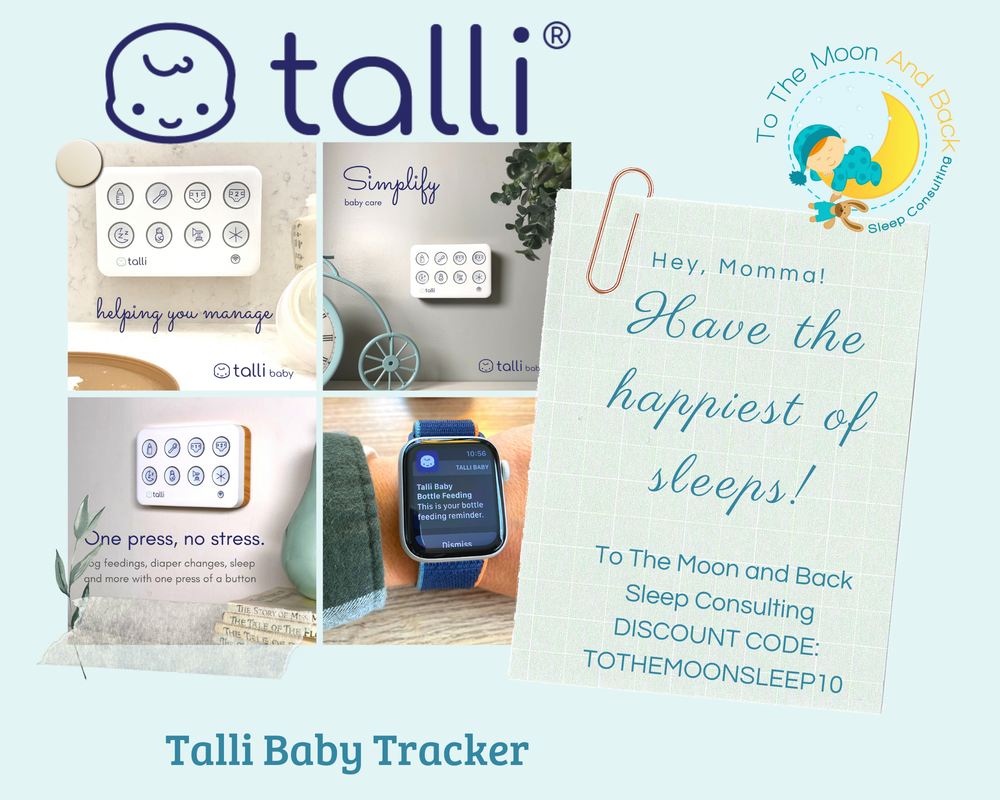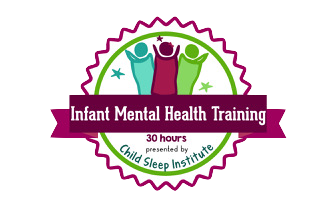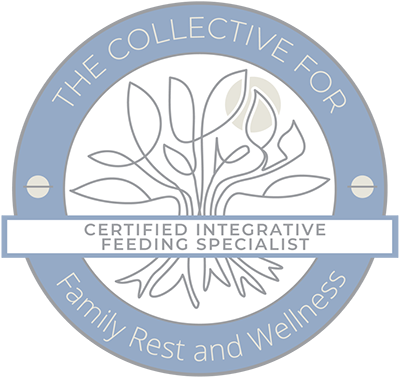 Once your baby reaches six months old, nighttime feedings often become less about nutritional necessity and more about comfort and habit. This is an ideal time to begin transitioning your baby’s calorie intake from night to day. Understanding the biology of how a baby’s body regulates calorie needs can help make this transition smoother and ensure that your baby continues to thrive. The Role of Caloric Intake in Baby’s Growth Biological Basis of Caloric Regulation Babies are excellent at self-regulating their calorie intake. Research shows that, much like adults, if they consume fewer calories at one point in the day, they tend to compensate by eating more at another time to meet their energy requirements. This innate ability is crucial as it helps maintain their growth and development trajectory. Caloric Needs and Development As infants grow, their energy needs per pound of body weight decrease, but the total amount of calories they need increases as they get larger and more active. By the time a baby is six months old, they are typically ready to start solid foods, which helps them meet their increasing nutritional demands. Transitioning Nighttime Calories to Daytime Step 1: Calories Missed at Night equal Calories Made Up During the Day When we begin to sleep train, it is often recommended that we reduce or eliminate all nighttime feedings. This will help ensure that the baby is not confused by the new expectations in the night and learns to sleep through without consuming calories. Eliminating nighttime feeds often concerns parents, but the reality is that the baby’s body will demand this calorie deficit to be made up the next day. Usually through more oz in a bottle, a more extended nursing session or more solid food at each meal. It’s not about pulling nighttime feed but more about reorganizing calorie intake. Step 2: Increase Daytime Feeding Opportunities Offer more frequent daily feedings to compensate for the reduced calorie intake at night. This can include more opportunities to breastfeed or bottle-feed and introducing nutrient-dense solid foods if your baby is ready for them. Step 3: Observe and Adapt Monitor your baby’s response to these changes. Look for signs of hunger and fullness, and be flexible in your feeding schedule. Babies may need time to adjust their hunger cues, so pay close attention to their needs. Step 4: Establish a Consistent Routine As your baby begins to adapt, establish a consistent daytime feeding routine. This helps set their internal clock to expect nourishment during the day rather than at night, aiding in better sleep patterns for both babies and parents. The Science Behind Calorie Shifting The concept of shifting calorie intake is backed by understanding that a baby’s metabolic rate is adaptable. During the first year of life, an infant’s metabolic rate is highly responsive. This adaptability ensures they can meet their energy needs through varying feeding patterns. As nighttime calories decrease, their body adjusts to absorb and utilize more nutrients during the day. This is why consistent daytime feeding becomes crucial in maintaining adequate growth and nutritional status. Ensuring Adequate Nutrition As you work on transitioning your baby’s feeding schedule, it’s essential to ensure they receive a balanced intake of nutrients. If you’re introducing solids, include a variety of foods to cover the nutritional spectrum, such as iron-rich foods, which are important at this stage of development. Conclusion Transitioning your baby from night to day feedings is not just about reducing nighttime interruptions — it’s about aligning their eating patterns with their natural developmental changes. By understanding the biological science behind calorie regulation and providing appropriate nutrition during the day, you can help facilitate this transition smoothly, ensuring your baby continues to receive the energy they need to grow healthy and strong. References:
AuthorErin Neri - Certified Pediatric Sleep Consultant and Owner of To The Moon and Back Sleep Consulting since 2016. The newborn phase is the most intense getting-to-know-you you’ll ever experience, as you attempt to figure out what your tiny human needs for sleeping and feeding. Will they have a reliable schedule or routine? Probably not. Newborns sleep a lot. Or they don’t. Or they sleep really well during the day and are ready to play from midnight to dawn with the occasional catnap. Sometimes they feed All. The. Time. And often they switch things up, just when you think you’ve finally got an idea of what to expect.
Still, many parents find it helpful to have a rough idea of a schedule and what could be coming, week by week. Here’s what to keep in mind when it comes to sleep, wake times, feeding and diaper changes in the first four weeks. Now that you’ve made it through the “fourth trimester” and all the ups and downs that come with it—welcome to months four and five! When your baby is around five months old, you will probably see more of a schedule with dedicated nap times—usually two naps a day. Many parents also find that on-the-go napping comes to an end around five months, as your kiddo needs their own quiet, dark space to settle down to snooze. Sleeping for 12 hours a night is becoming a possibility, even if you’re not there yet. “A four-month-old or five-month-old often needs a feeding at night, but around six months, if they’re growing on their curve and everything is fine health wise, then there absolutely is that ability to sleep 12 hours,” says Erin Neri, a certified pediatric sleep consultant in Sherwood Park, Alta.
When I was expecting my first baby, I followed along in the books about every single stage of my pregnancy, I read about what to expect when baby arrives. I learned about anything that I thought I would need to know for that first little bit of baby’s life; I read a lot! Of course, I didn't think much about baby sleep until I realized that my precious little bundle of joy DID NOT KNOW HOW TO SLEEP!!  So, I read more and more about nothing except baby SLEEP! What I wasn't prepared for was the sheer amount of information out there, and how much the "experts" contradicted each other! Even among medical professionals, the number of times I must have read one person say that one thing was an absolute must, then to have another "expert" say that the first was wrong or harmful, was mind-boggling and extremely stressful! As most parents do though, I took that information, analyzed it, filtered everything through a combination of common sense and personal beliefs, and came up with a strategy I was comfortable with. But one thing I was never sure about, mainly because nobody seemed to have a clear answer, was whether I could sleep train while I was breastfeeding or how to sleep train while I was breastfeeding. The primary argument against the idea, so far as I understood it, was that breast milk gets digested faster than formula, and therefore babies who are breastfed need to wake up several times a night to feed. Otherwise, they'll feel hungry throughout the night, be unable to sleep, and potentially suffer from malnutrition. Now, I know that there are different views on this matter, and whichever one you subscribe to, you're probably convinced that you're right. And you might be, assuming of course that you agree with me. I'm kidding, of course. Like most things in parenting, there's not so much of a "right and wrong," as opposed to "right for your child." But there are a few facts that you should know if you're breastfeeding and trying to decide whether or not to sleep train your child. After all, what's the point of sleep training if your baby's nutrition needs prevent them from sleeping through the night? So, here's an interesting fact. |
To The Moon and Back Sleep ConsultingProviding families the tools & support they need to get their little ones sleeping through the night and napping like champs! Everyone has more fun when they are well rested! Visit Wollino - Discount Code: TOTHEMOONANDBACK10
Browse
All
|
All information provided on this website, including texts, images, and other materials, are for informational purposes only and should not be considered a replacement for assessment or treatment by a healthcare provider.
© COPYRIGHT 2016-2024 TO THE MOON AND BACK SLEEP CONSULTING. ALL RIGHTS RESERVED. WAKING GIRL WEB DESIGN
© COPYRIGHT 2016-2024 TO THE MOON AND BACK SLEEP CONSULTING. ALL RIGHTS RESERVED. WAKING GIRL WEB DESIGN










 RSS Feed
RSS Feed








